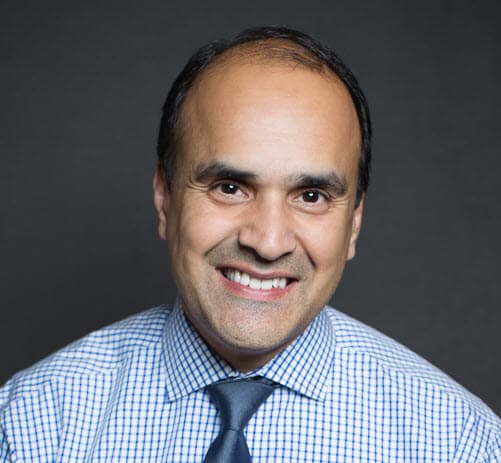
@ShahidNShah


I get questions from students and career changers who want to enter the healthcare IT field routinely and I enjoy replying privately to help out where I can. One question I received a few days ago is especially common so I thought I’d provide an answer publicly:
I am currently a student at [a healthcare IT training program]. This is a career change for me … my only medical experience is as a patient.
The universal problem: Can’t get the job because I don’t have the experience. Have the training how do I get the experience if I can’t get the job? I would like to tackle this issue while I’m still in training.
This student is doing a smart thing – asking for advice before graduation. Here is some specific guidance:
If you’ve got any suggestions to share, please add them here so we can help each other.

Shahid Shah is an internationally recognized enterprise software guru that specializes in digital health with an emphasis on e-health, EHR/EMR, big data, iOT, data interoperability, med device connectivity, and bioinformatics.
Connecting innovation decision makers to authoritative information, institutions, people and insights.
Medigy accurately delivers healthcare and technology information, news and insight from around the world.
Medigy surfaces the world's best crowdsourced health tech offerings with social interactions and peer reviews.
© 2023 Netspective Media LLC. All Rights Reserved.
Built on Jan 17, 2023 at 9:26am